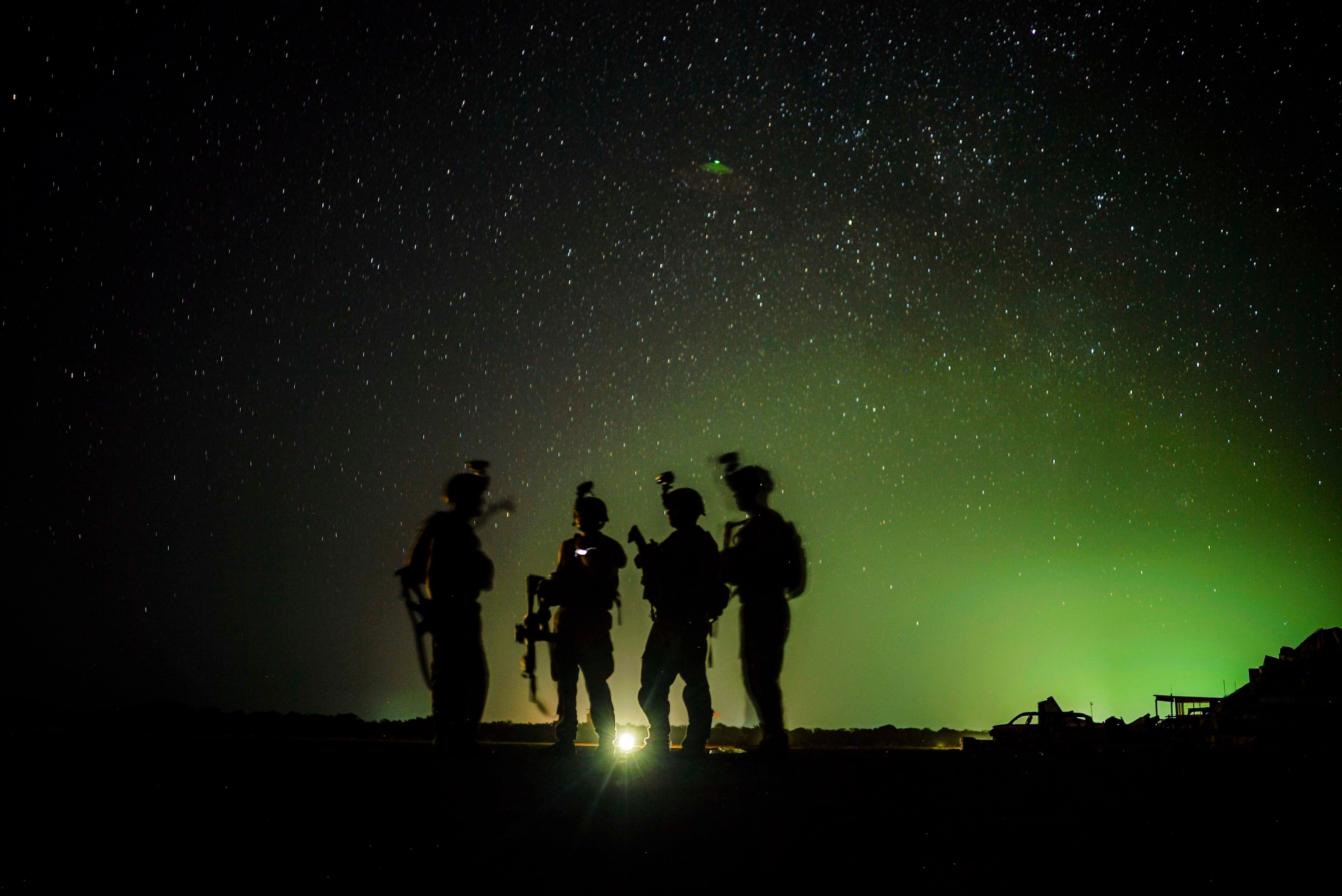The head of U.S. special operations in Africa wants everyone to know how important an American presence is for the continent.
Late last year, reports surfaced that the Defense Department intended to withdraw some of its troops from the African continent, as part of a combatant command review looking at cutting costs and increasing efficient use of forces. U.S. lawmakers and African leaders pushed back on the idea at the time, and on Wednesday, Air Force Maj. Gen. Dagvin Anderson told an audience at an American Enterprise Institute virtual event why boots on the ground are so vital.
Violent extremist groups are the principle reason that the U.S. deploys forces to Africa, which includes affiliates of the Islamic State, but there is a more “patient” and methodical group to be worried about, he added: al-Qaida.
Not just in and of itself, but because their growing closeness with al-Shabab, a Somalia-based Jihadi group responsible for attacks on local and U.S. forces, including one that injured a U.S. service member on Monday.
“I think that’s an issue that we need to address, both with our policymakers and our leadership, to understand why strategically it’s important in Africa but also to our local communities and our populace: why does Africa matter?” Anderson said. “People understand why Europe and Asia matter, but they don’t fully understand why Africa matters.”
Al-Qaida is returning to its roots, he said, as Sudan once harbored Osama bin Laden. Its stronghold is now in western Africa, where it has entrenched itself in Mali and moved south toward Burkina Faso and other Sahel countries.
There is a significant presence in Niger, where American special operations forces have been closely training with that country’s equivalent security forces.
“When our partners go to train with them, they don’t have to train them twice,” emphasizing the Nigeriens' commitment to securing their country.
Special operations troops have long trained their counterparts in Somalia, Kenya, Niger and other countries, while civil affairs units have supported local goodwill projects, recently in countries like Cameroon, where Boko Haram encroaches.
“We’re having great effect with our small investment,” Anderson said, compared to the much larger presence of French troops.
RELATED

Americans gained notoriety for a special operations presence back in 2017, when a mission gone haywire resulted in the death of four soldiers.
Since then, deployments have continued, including this year’s first of an Army Security Force Assistance Brigade, a unit of specially trained combat advisers.
"Special Forces is very good at training tactical-type units; they’re very good at accompanying tactical-type units,” Army Chief of Staff Gen. James McConville said. “But SFABs build a professional military force, which is different. How do you do logistics? How do you maintain vehicles? How do you build a professional military that will provide security?”
Meghann Myers is the Pentagon bureau chief at Military Times. She covers operations, policy, personnel, leadership and other issues affecting service members.





